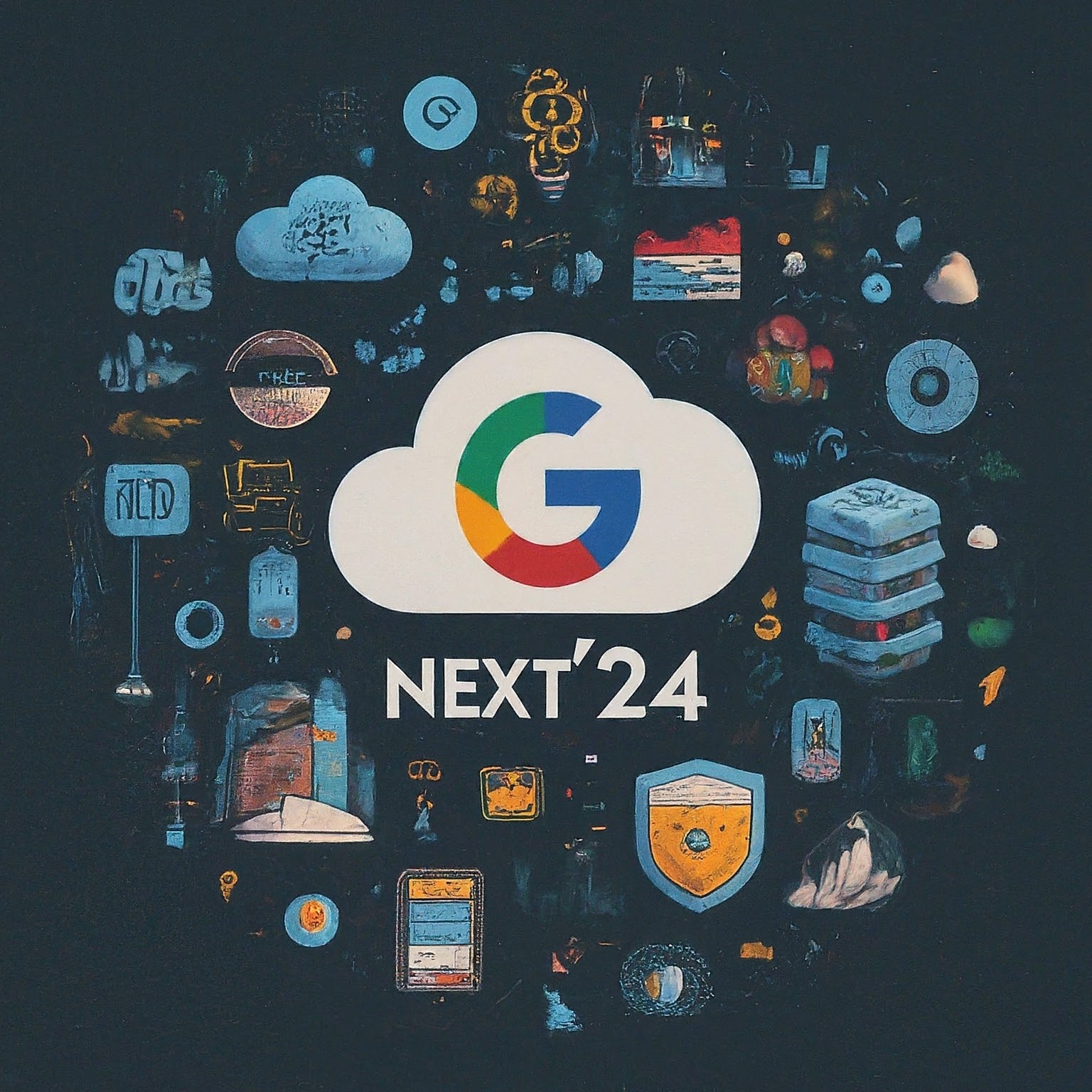Narration created using Murf.AI
As a customer engineer at Google, I’m constantly seeking innovative ways to improve the customer experience. Google’s recent announcement of Gemini 1.5 has piqued my interest – this next-generation AI model offers several key improvements that could transform how we interact with and support our customers. Let’s explore what makes Gemini 1.5 stand out and how it can boost your engineering efforts.
The Power of Contextual Understanding
One of the key breakthroughs in Gemini 1.5 is its dramatically increased context window. Context windows contain the information (tokens) an AI model considers when processing requests. Imagine it as the ‘working memory’ of an AI. A bigger context window means Gemini 1.5 can process larger chunks of information, leading to greater comprehension and more nuanced responses.
How does this impact real-world customer scenarios? Take this example: a customer contacts you about repeated errors in a crucial workflow. Traditionally, you might go through a lengthy interrogation process – what steps did they take, what software are they using, etc. With Gemini 1.5’s increased context window, you can provide a more detailed account of the customer’s journey, potentially including information from previous support tickets or their product usage logs. This deeper historical insight grants Gemini 1.5 the ability to quickly identify patterns and provide targeted solutions, streamlining the entire support process.
Efficiency Gains for Faster Assistance
Beyond enhanced understanding, Gemini 1.5 is optimized for improved training and serving efficiency. In practical terms, this means two things for customer engineers:
- Faster Access to Insights: Training large AI models is often a resource-heavy process. Gemini 1.5’s efficiency advancements translate to faster turnaround times when fine-tuning or updating the model with new customer interaction data.
- Cost-Effectiveness: Serving AI models, particularly large ones, can incur significant costs. Gemini 1.5’s efficiency means customer-facing applications powered by it could ultimately be less expensive to run, freeing up resources for other initiatives.
In an environment where speed and responsiveness are paramount, these efficiency gains make a tangible difference in how quickly customer support representatives can leverage AI-powered insights and recommendations.
The Importance of Safety and Trust
As with any powerful technology, the responsible deployment of AI is non-negotiable. Google AI has carefully engineered safeguards into Gemini 1.5. A commitment to mitigate bias and produce dependable results are central to the model’s design. Google AI’s stringent testing, in alignment with Google’s AI Principles, ensures Gemini 1.5 offers support staff reliable outputs within those safety guardrails.
Gemini 1.5 in Action: Customer Engineering Implications
Gemini 1.5’s features open up exciting possibilities for how we deliver customer support:
- Intelligent Triaging: Gemini 1.5’s understanding of context and nuance allows it to more accurately classify customer requests, prioritizing issues based on urgency and complexity, while routing them to the appropriate teams.
- Knowledge Base Augmentation: The model’s ability to parse large amounts of information makes it perfect for summarizing troubleshooting guides or analyzing complex data sets. This enriched knowledge base readily empowers support personnel.
- Proactive Outreach: Imagine using Gemini 1.5 to detect patterns in customer inquiries that indicate potential roadblocks. This ability allows for proactive interventions before an issue becomes widespread, enhancing satisfaction.
Embrace the Potential
Google’s advancements in AI, embodied by Gemini 1.5, hold tremendous promise. As customer engineers, we’re positioned to harness these new technologies to push the boundaries of what’s possible in customer support. I encourage you to explore Gemini 1.5. Get creative and experiment!
Disclaimer: The views and opinions expressed in this blog post are my own and do not necessarily reflect the official policy or position of Google.






